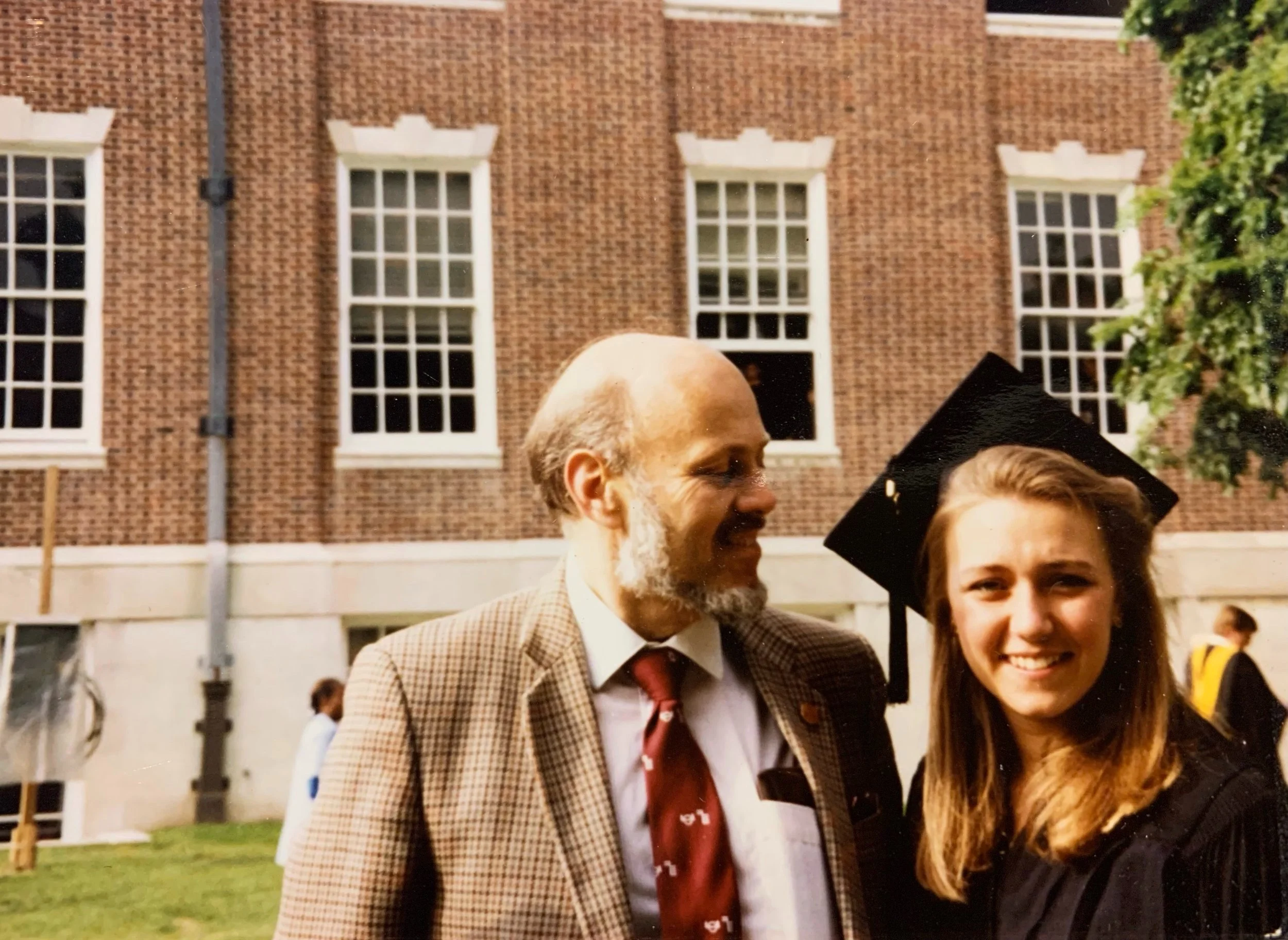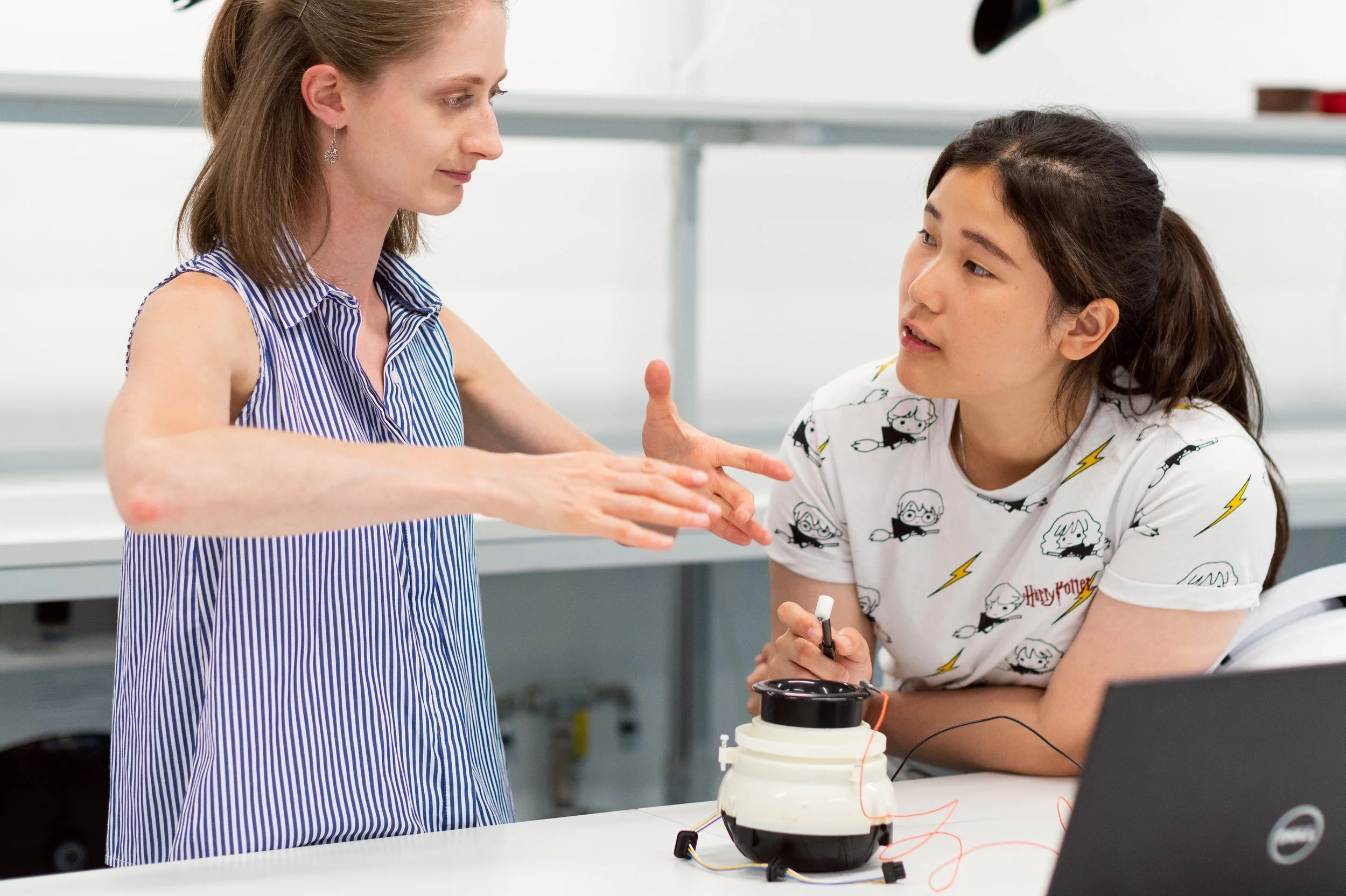Expert Insights
Myth-Busting Common Misconceptions about Computer Science Degrees
Computer Science skills can be developed through a top-ranked CS program (via a strong CS fingerprint built up in high school), a CS major at a small liberal arts college (perhaps after discovering a CS interest in college), post-baccalaureate or graduate work, a job, and activities. Opportunities abound for someone with talent and a genuine interest in computer science.
Talking Computer Science Admissions on the College and Career Clarity Podcast
The podcast is a must-listen for anyone interested in computer science admissions, particularly parents whose children are interested in pursuing computer science as a major. I highlight how to have a strong computer science fingerprint on the college application, why creative students may want to consider computer science, computer science-related majors for students to consider, and advice for navigating this highly competitive major.
What ChatGPT Can Teach Us About How to Write a Strong College Application
In November of 2022, ChatGPT, the chatbot launched by OpenAI, exploded onto the scene of social consciousness. How text generated by computer software powered by artificial intelligence (AI) will shape and change society remains to be seen. Many questions are raised in the domain of college applications: how will colleges respond to this new tool?
Jennifer’s Academic Journey
An academic life is rewarding. My favorite day of the year is the first day of the academic year each fall. The campus buzzes with excitement, promise, and potential as all the students return. When walking across the quad, the energy is palpable and infectious. It is a privilege to be surrounded by young adults as they develop their identities and to participate in this process.
College Admissions Insights from the IECA 2022 Fall Conference
On November 9, I presented an educational session at the 2022 IECA Fall Conference in San Diego, CA, titled “Navigating the Computer Science Admissions Landscape,” based on my article “Navigating the Competitive Landscape of Computer Science Admissions: An Expert’s Approach.”
For Aspiring Engineers: Understanding the Value of ABET Accreditation
An ABET-accredited program has met rigorous standards through a formal intensive review process, including ongoing self-study and periodic evaluation by academic, government, and industry experts. With its focus on specific learning outcomes and program improvement, ABET provides a standard for high-quality engineering programs.
Preparing for an Engineering Career: A Conversation with Dr. Rob Playter, CEO of Boston Dynamics
“You know, when you have some interest, that gets you excited. That makes you get up in the morning. That makes you want to do more than the minimum. That is an important element. And that is something you can get anywhere. That doesn’t happen only at Ivy League institutions, you know.” - Dr. Rob Playter
The Often Forgotten College Application Essential: Relationships
References can help admissions officers distinguish between students who look alike on paper, those with like grades in similar classes, roughly equivalent standardized test scores, and common extracurricular activities. The strongest letters of reference are written by a current or recent (junior year) teacher who knows the student well and can provide anecdotes and details about the student beyond their grades.
Navigating the Competitive Landscape of Computer Science Admissions: An Expert’s Approach
Because CS is a discipline overrepresented in the applicant pool, admission as a CS major can be far more competitive than for other majors. Admission to schools as a CS major is supported with clear direction in the field reflected in activities, resume, and coursework: a strong CS “fingerprint.”
How the Pandemic Has Reshaped College Admissions
The COVID-19 pandemic first hit college and university campuses in the middle of the spring 2020 semester, upending traditional academic and co-curricular experiences for the entire campus community. But even as campuses shut down and students, faculty, and staff were sent home, admissions officers released decisions just as they do every March. So, what happened from there on out?










